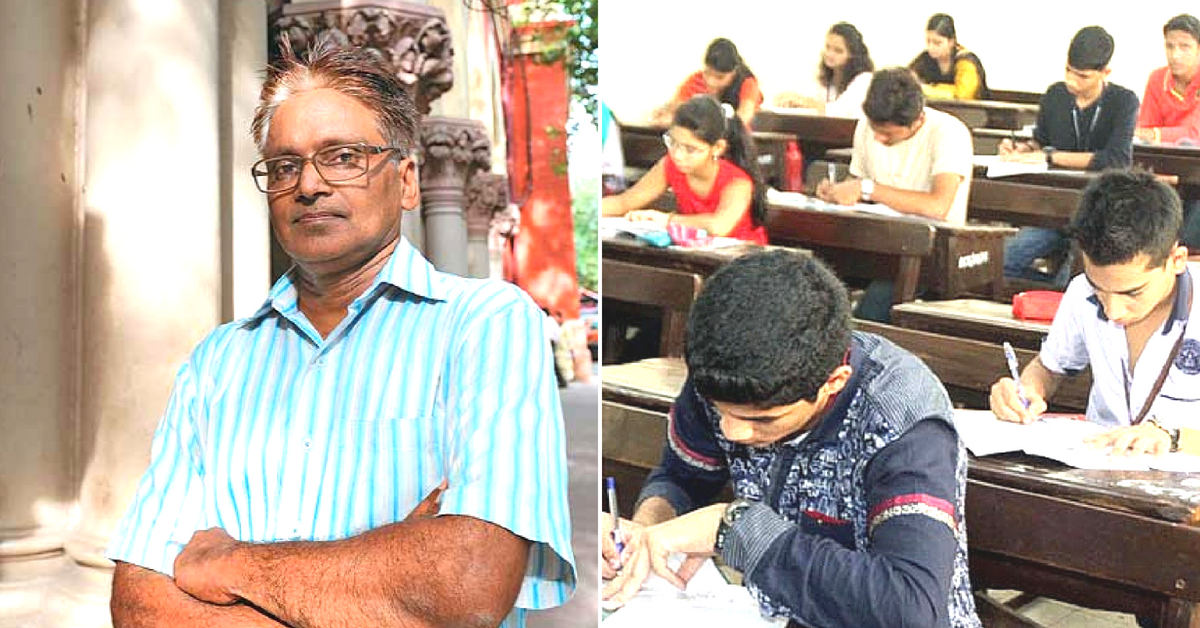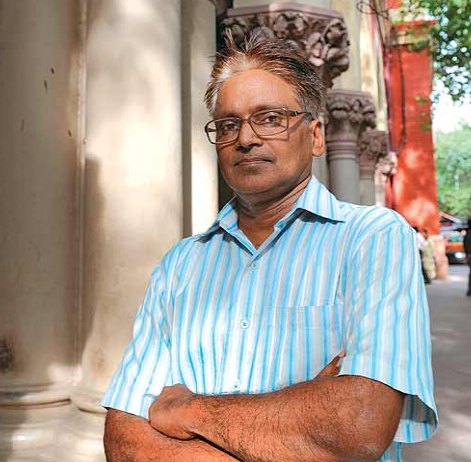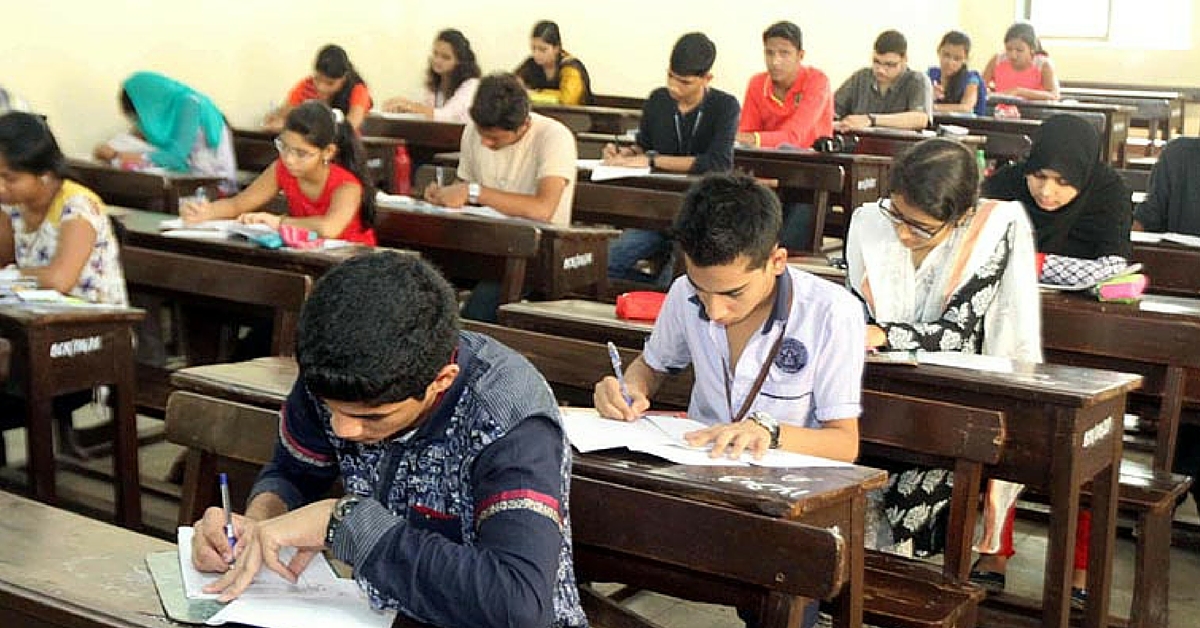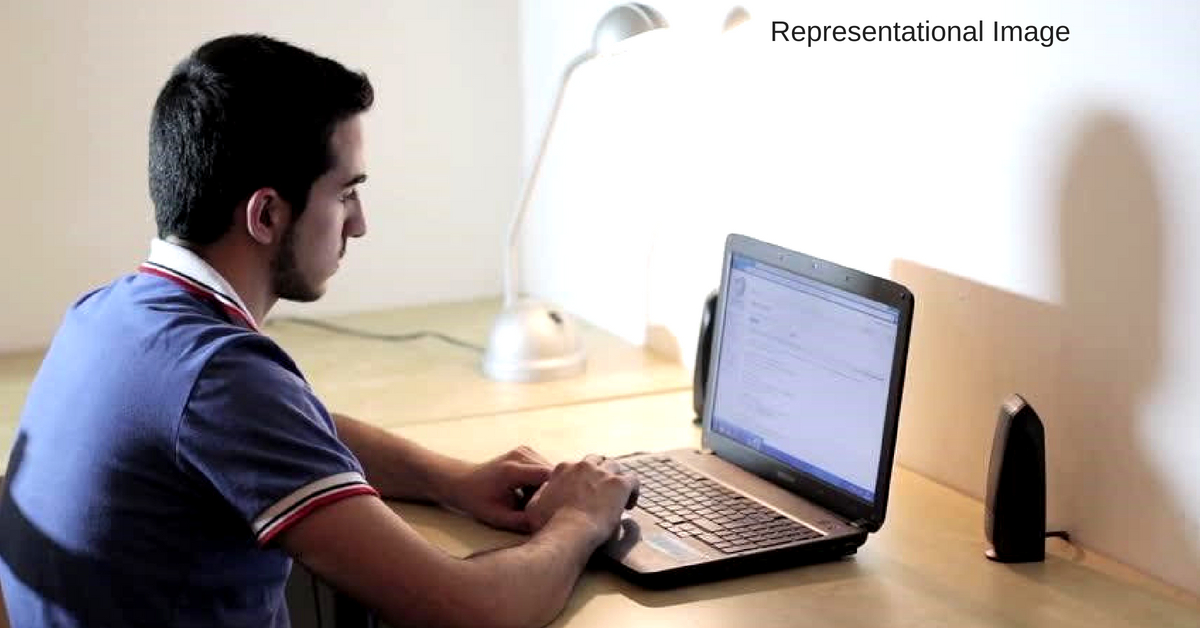This Professor Took On The System to Change How IITs Conducted Their Admissions!
Rajeev Kumar's decade-long battle with one of India’s top engineering colleges made the Supreme Court hail him as an 'unsung hero'!

Those who challenge the system or status quo in India and affect real change are often seen as heroes. However, change doesn’t happen overnight, and the struggles that these heroes have to bear—both personally and professionally—are hard, and they often endure days and sometimes years of darkness.
That is how the story of Rajeev Kumar, who was once a professor of Computer Science at the Indian Institute of Technology-Kharagpur, unfolds.
Hailed as an “unsung hero” by the Supreme Court for his efforts to reform the IIT’s admissions system, Professor Kumar navigated the Indian legal system (Supreme Court, High Courts of Delhi and Kolkata) and bureaucracy (the Central Information Commission and the Central Vigilance Commission) for more than a decade.
However, thanks to his efforts, the IITs were compelled to institute some major changes, which, among other things, include—making question papers from 2007-08 onwards public, making answer leys public, declaring the minimum marks a student must obtain for qualification, access to copies of answer sheets for candidates, and common counselling for admissions, which was in effect, a result of a public interest litigation he filed, reports Scroll.in.
Today, he is a professor at the Jawaharlal Nehru University’s School of Computers and Systems Sciences.
Professor Kumar believes that the administration at IIT-KGP was unhappy with his regular queries and constant probing into the larger system of admissions, which he saw as opaque.
Accusing him of destroying the institute’s reputation, he was first suspended in 2011, and subsequently directed to undergo forced retirement in 2014. However, after a three-year legal battle, the then President Pranab Mukherjee got involved and set aside the retirement order.

In 2014, he had applied and been accepted for a position in JNU and joined the following year, on lien from IIT-KGP, which refused to accept his resignation even at this point. All of this finally culminated in a three-year legal battle, which resulted in the Delhi High Court ordering IIT-KGP to accept his resignation from the day he was relieved from there in June 2015.
“From 2011 to 2015, I could not function as an academic,” said Kumar, speaking to Scroll. “For two years, I was banned from entering my department. But now I can focus on research, teaching and work that has social impact.”
Originally from Pilibhit, Uttar Pradesh, Professor Kumar has an MSc degree in Physics Electronics from Allahabad University, an MTech in Computer Science from at the University of Roorkee and a PhD (1994-97) in Computer Engineering from the University of Sheffield, United Kingdom.
Following his PhD, he taught at the Birla Institute of Technology and Science (BITS) in Pilani, Rajasthan until he took up a position at IIT-KGP in 2000.
His crusade against the opaque admissions system began on a personal note. Back in 2006, his son had written the JEE exam, which was then a single test conducted by one IIT for the other institutes. Despite scoring well in the exam, he could not secure admission, leaving Kumar perplexed.

“Even in BITS I found students who were very bright and wondered why they were not in the IITs,” he told Scroll. “In those days, the IITs did not make public the full list of scores, the cut-off marks [or minimum score required to qualify], the procedure for determining cut-off marks or even the question papers. Candidates were just told if they had made it or not and often ones with lower scores were picked over the high scorers.” In 2006 it was IIT-KGP, which had held the exam.
Attempts at fling multiple RTIs for admission data did not get him anywhere, so he approached the CIC, which offered him a hearing in April 2007. Following the hearing, he got hold of information pertaining to cut off marks, the procedure behind framing them and the scores of the top 500 candidates. Through meticulous research, he found discrepancies in how the cut off marks were arrived at.
In June 2007, he filed his first case in the Calcutta High Court with the hope that his son would get admission after he found discrepancies in how the system arrived at cut-offs.
Also Read: NEET, JEE To Be Held Twice A Year: 8 Important Things Every Student Should Know!
Through multiple cases, the IITs would submit three different methods they used to determine cut off marks. In 2009, two professors from the Indian Statistical Institute and Indian Institute of Science deposed before the Calcutta High Court and agreed with Kumar’s assertion that “the cut offs were not as per procedure.”
Although the Calcutta High Court dismissed the case, since his son had joined Jadavpur University and signed a declaration that the decision taken by IIT was final, Kumar wasn’t done yet. He filed more RTIs on question papers, vacancies, results and how children of faculty members would get admissions in the IITs, and followed it up with the CIC in Delhi.
His efforts bore fruit as the IIT hierarchy decided to make questions papers, subject-wise cut off marks and how they were arrived at and answer keys, open to the public. From 2011, candidates could even receive scanned copies of their answer sheets, allowing them to verify their scores.
However, his efforts had given him a truckload of material and evidence against the system, and following multiple rejections of his petitions, he filed a PIL in the Delhi High Court, which was initially dismissed, but later taken up on the orders of the apex court. This was the case that instituted wide-ranging reforms, but also made Kumar’s life a living hell.
After nearly four years, the Delhi High Court passed an order directing the Ministry of Human Resource Development and IITs to conduct common counselling sessions for admission.

Meanwhile, the case filed in court and the public discussion it generated, resulted in the exam becoming a two-tier process—JEE (Main) for government-run engineering colleges, but a preliminary round for admission into the IITs and the subsequent JEE Advanced exam. He even took on the IIT-KGP administration on an alleged case of corruption in the procurement of laptops in 2010.
However, all these wins came at a great cost. His daughter, who had earned admission into the IITs, gave up her seat because of the kind of harassment Kumar was under from the establishment. He even lost his wife in 2016 from all the stress caused by the suspension and other disciplinary proceedings. But he was brave enough to see through a struggle that brought with it real reform.
(Edited by Gayatri Mishra)
Like this story? Or have something to share? Write to us: [email protected], or connect with us on Facebook and Twitter.
If you found our stories insightful, informative, or even just enjoyable, we invite you to consider making a voluntary payment to support the work we do at The Better India. Your contribution helps us continue producing quality content that educates, inspires, and drives positive change.
Choose one of the payment options below for your contribution-
By paying for the stories you value, you directly contribute to sustaining our efforts focused on making a difference in the world. Together, let’s ensure that impactful stories continue to be told and shared, enriching lives and communities alike.
Thank you for your support. Here are some frequently asked questions you might find helpful to know why you are contributing?


This story made me
-
97
-
121
-
89
-
167











